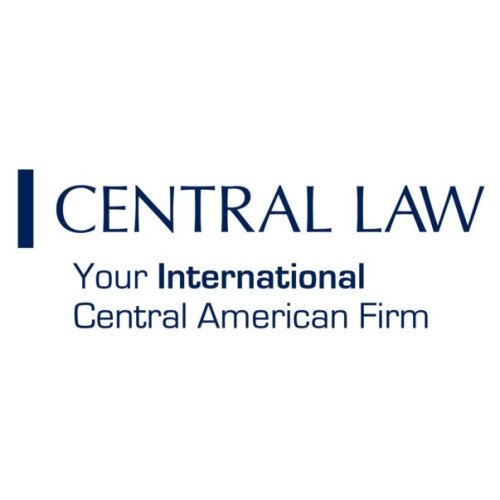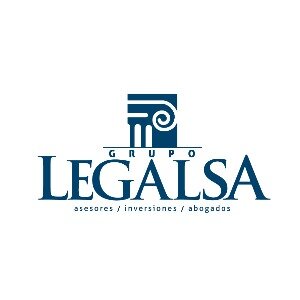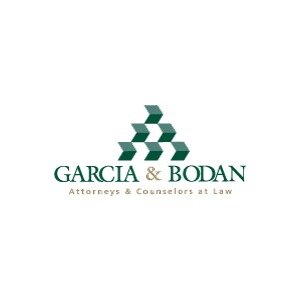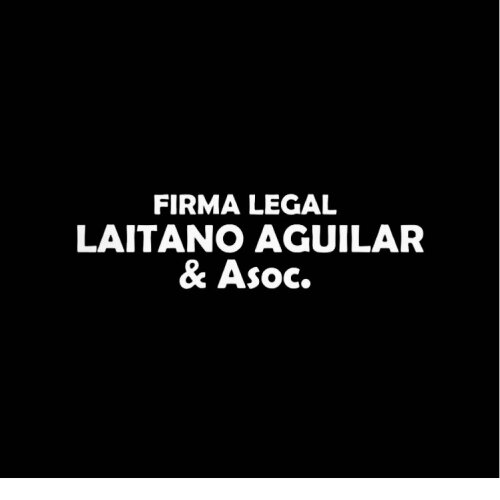Best Employer Lawyers in Honduras
Share your needs with us, get contacted by law firms.
Free. Takes 2 min.
Or refine your search by selecting a city:
List of the best lawyers in Honduras
About Employer Law in Honduras
Employer law in Honduras is governed by the Labor Code, which outlines the rights and responsibilities of employers and employees. The laws are designed to balance the rights of employers to conduct their business efficiently while safeguarding employees' rights to fair treatment, safe working conditions, and equitable pay. Key components of employer law include employment contracts, minimum wage requirements, working hours, occupational safety, and termination and severance guidelines. These regulations are enforced by the Ministry of Labor and Social Security, ensuring compliance across various industries.
Why You May Need a Lawyer
Engaging with employer law can be complex, and there are several situations where it may be beneficial to seek legal advice:
- Employment Contracts: Ensuring that employment contracts are in compliance with the Honduran Labor Code and protect your rights as an employer can be challenging.
- Dispute Resolution: If a dispute arises between an employer and employee, legal advice can help resolve issues related to alleged wrongful termination, discrimination, or harassment.
- Compliance Issues: Navigating changes in labor law, health and safety regulations, and maintaining proper documentation require legal expertise to avoid penalties.
- Mergers and Acquisitions: During business restructuring, understanding the implications on existing employment contracts and employee rights is crucial.
- Mass Layoffs or Restructuring: Managing large-scale terminations needs careful legal handling to comply with specific procedures and severance requirements.
Local Laws Overview
Some of the key aspects of employer law in Honduras include:
- Labor Contracts: All employment relationships must be documented in written contracts defining roles, responsibilities, remuneration, and duration of employment.
- Working Hours: The standard legal working week is 44 hours spread over six days, with specific provisions for overtime and night work.
- Minimum Wage: Salaries must adhere to government-fixed minimum wage levels, which vary across industries and job specifications.
- Health and Safety: Employers are obligated to maintain safe working environments, providing necessary equipment and training to minimize workplace hazards.
- Unionization: Employees have the right to form and join trade unions, and employers must recognize and negotiate with unions in good faith.
- Termination Procedures: Termination must be justified, with advance notice or compensation, adhering to due process mandates specified in the Labor Code.
Frequently Asked Questions
What is the probationary period for employment in Honduras?
The probationary period for employment in Honduras is generally up to two months. During this time, either party can terminate the contract without cause.
Are there specific regulations for hiring foreign workers?
Yes, foreign workers must have a legal work permit, and the workforce of a company should not exceed 10% foreign personnel under normal circumstances.
How is overtime regulated?
Overtime should not exceed 12 hours per week, and it is payable at a rate of 150% of the normal hourly wage. Night shift overtime is remunerated at higher rates.
What constitutes wrongful termination?
Wrongful termination occurs when an employment contract is terminated without legal cause, without proper notice, or violating contractual terms.
What are the employee’s rights regarding vacation time?
After one year of continuous service, employees are entitled to at least 10 working days of paid vacation annually, regardless of their position or industry.
How can employers handle workplace harassment claims?
Employers should investigate claims following internal protocols, remediate through clear policies, and ensure no retaliatory actions against complainants.
What are the implications of restructuring or downsizing?
Employers must comply with notification policies and manage severance packages appropriately, abiding by the Labor Code and collective bargaining agreements where applicable.
Who is responsible for workplace safety?
Employers are responsible for providing safe working conditions and must adhere to occupational health and safety regulations mandated by the government.
Can employees demand flexible working hours?
While the law does not mandate flexible working hours, employers can negotiate individualized schedules, provided they comply with collective agreements and labor laws.
What are the legal requirements for severance pay?
Severance pay is required upon termination without cause and is calculated based on the employee's length of service and prevailing labor laws.
Additional Resources
Here are some resources and organizations that may be helpful:
- Ministry of Labor and Social Security: The main governmental body overseeing employment regulations and enforcement.
- Chambers of Commerce: Local Chambers offer legal advice and support for businesses navigating labor laws.
- Bar Associations: Provide a directory of legal professionals specializing in employer law.
- Non-Governmental Organizations: Some NGOs provide legal aid and support to individuals dealing with employment-related legal issues.
Next Steps
If you require legal assistance regarding employer matters in Honduras, consider taking the following steps:
- Document all relevant information and communication regarding the issue.
- Contact a lawyer specializing in labor law for a consultation to understand your rights and responsibilities.
- Reach out to the Ministry of Labor for guidance and support if necessary.
- Consider alternative dispute resolution mechanisms like mediation to resolve conflicts outside the court.
Securing professional legal help at an early stage can prevent complications and ensure compliance with Honduran labor laws.
Lawzana helps you find the best lawyers and law firms in Honduras through a curated and pre-screened list of qualified legal professionals. Our platform offers rankings and detailed profiles of attorneys and law firms, allowing you to compare based on practice areas, including Employer, experience, and client feedback.
Each profile includes a description of the firm's areas of practice, client reviews, team members and partners, year of establishment, spoken languages, office locations, contact information, social media presence, and any published articles or resources. Most firms on our platform speak English and are experienced in both local and international legal matters.
Get a quote from top-rated law firms in Honduras — quickly, securely, and without unnecessary hassle.
Disclaimer:
The information provided on this page is for general informational purposes only and does not constitute legal advice. While we strive to ensure the accuracy and relevance of the content, legal information may change over time, and interpretations of the law can vary. You should always consult with a qualified legal professional for advice specific to your situation.
We disclaim all liability for actions taken or not taken based on the content of this page. If you believe any information is incorrect or outdated, please contact us, and we will review and update it where appropriate.
Browse employer law firms by city in Honduras
Refine your search by selecting a city.

















